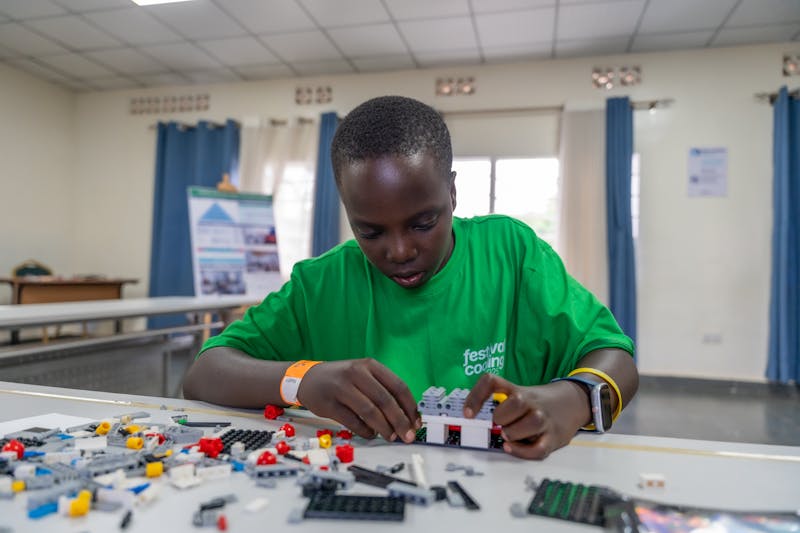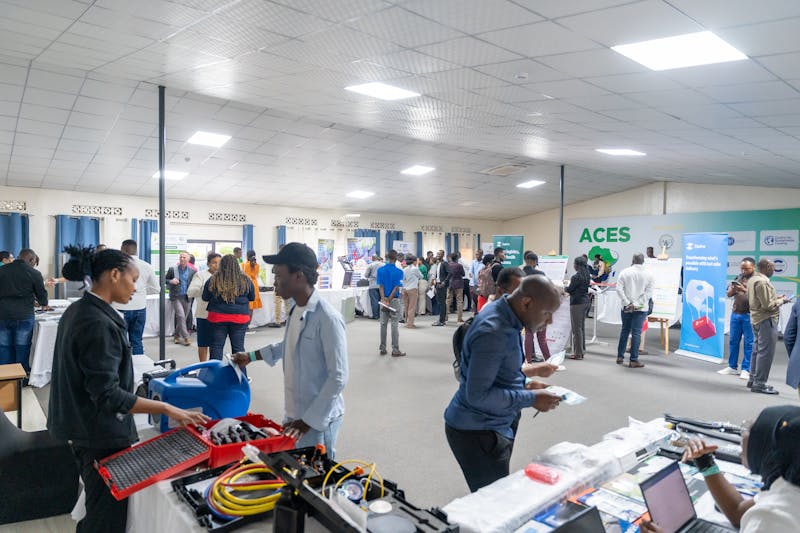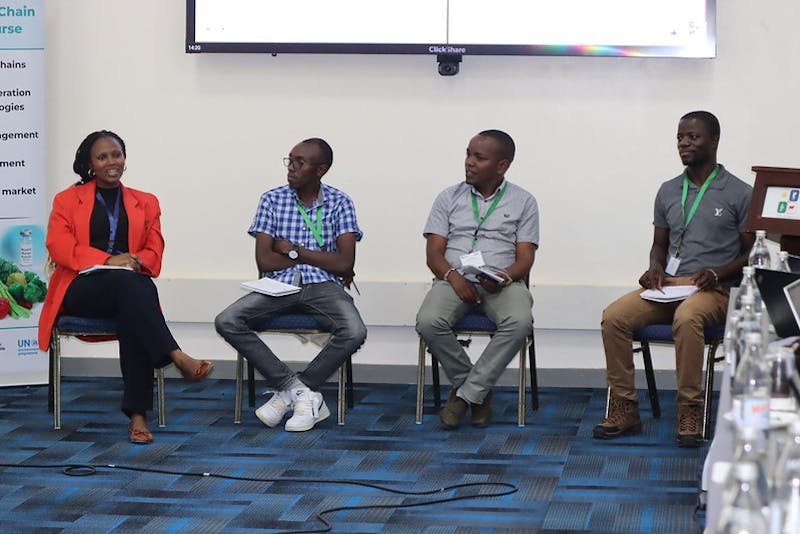Management & Governance
Direction & Budget Allocation
The Clean Cooling Network Strategy and Oversight Committee (CCN-SOC) provide the overarching direction for the programme.
They approve the budget allocation and objectives for each operating unit/market and monitor progress.
The Academic team led by the Centre of Sustainable Cooling is responsible for programme design, content development and new market development.
Each country develops an in-country programme management team tapping into the central experts and using the tools and frameworks developed available through the knowledge platform. The Africa Clean Cooling Institute specifically supports the roll-out of the SPOKE programme in Africa.

All parties formally report back to the UNEP twice and year and in turn UNEP reports back to Defra as the lead funder.
A significant element of the programme is delivered through a collaboration of leading UK Universities. We operate in line accordance with the University Statutes, the Statement of Recommended Practice: Accounting for Further and Higher Education Institutions and other relevant accounting and management standards as well as impact reporting (REF)
Implementation and Auditing
As the Programme transitions to implementation, audit criteria will include:
Impact: To the economy, society, culture, public policy or services, health, the environment and quality of life. There is a specific theme in the programme for reporting on GESI.
Impact reach: The extent and/or diversity of the beneficiaries of the impact.
Impact significance: The degree to which impact has enabled, enriched, influenced, informed or changed the performance, policies, practices, products, services, understanding, awareness or wellbeing of the beneficiaries.
Plus
Knowledge exchange and research environment
Outputs and Research Power





